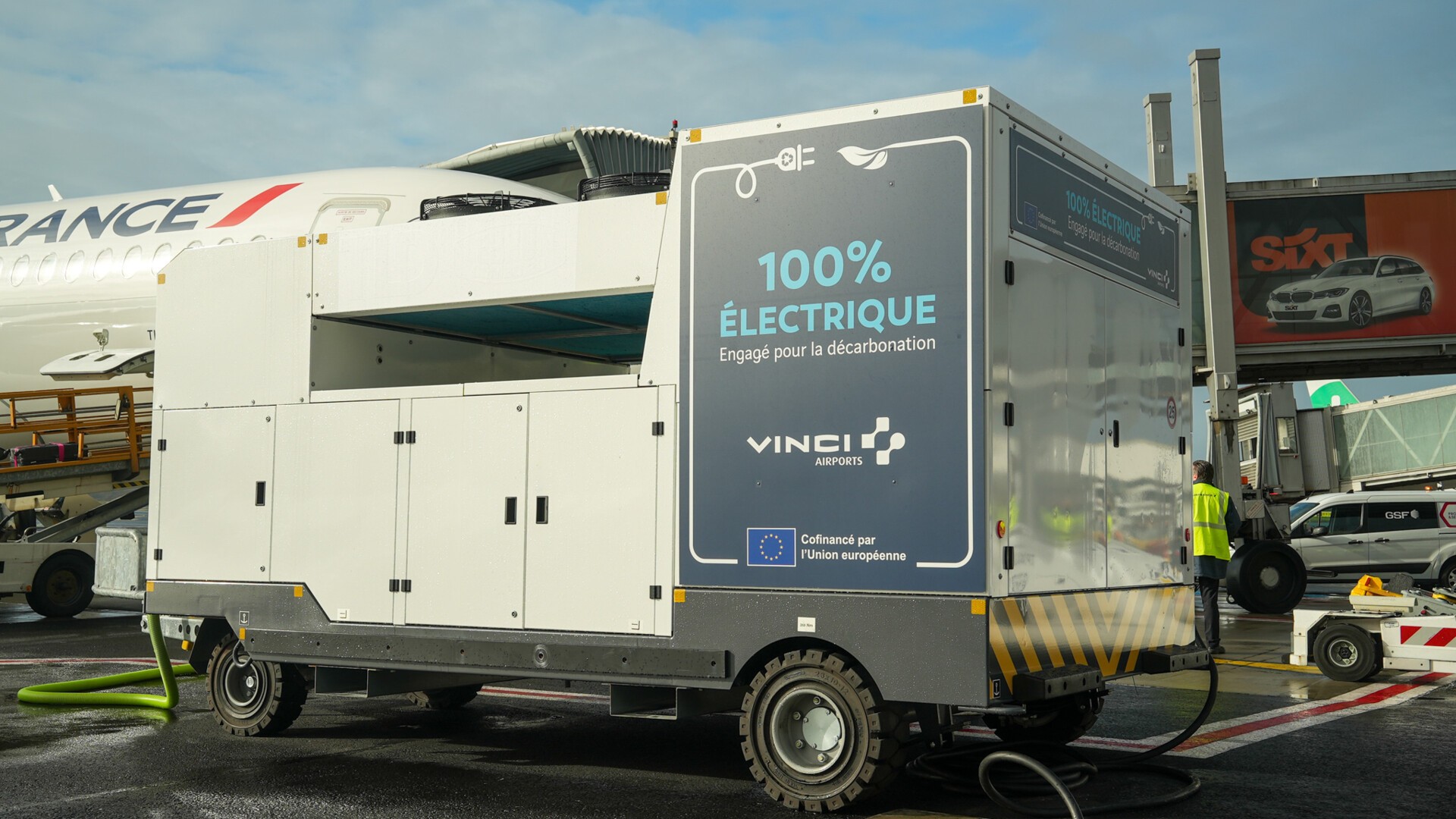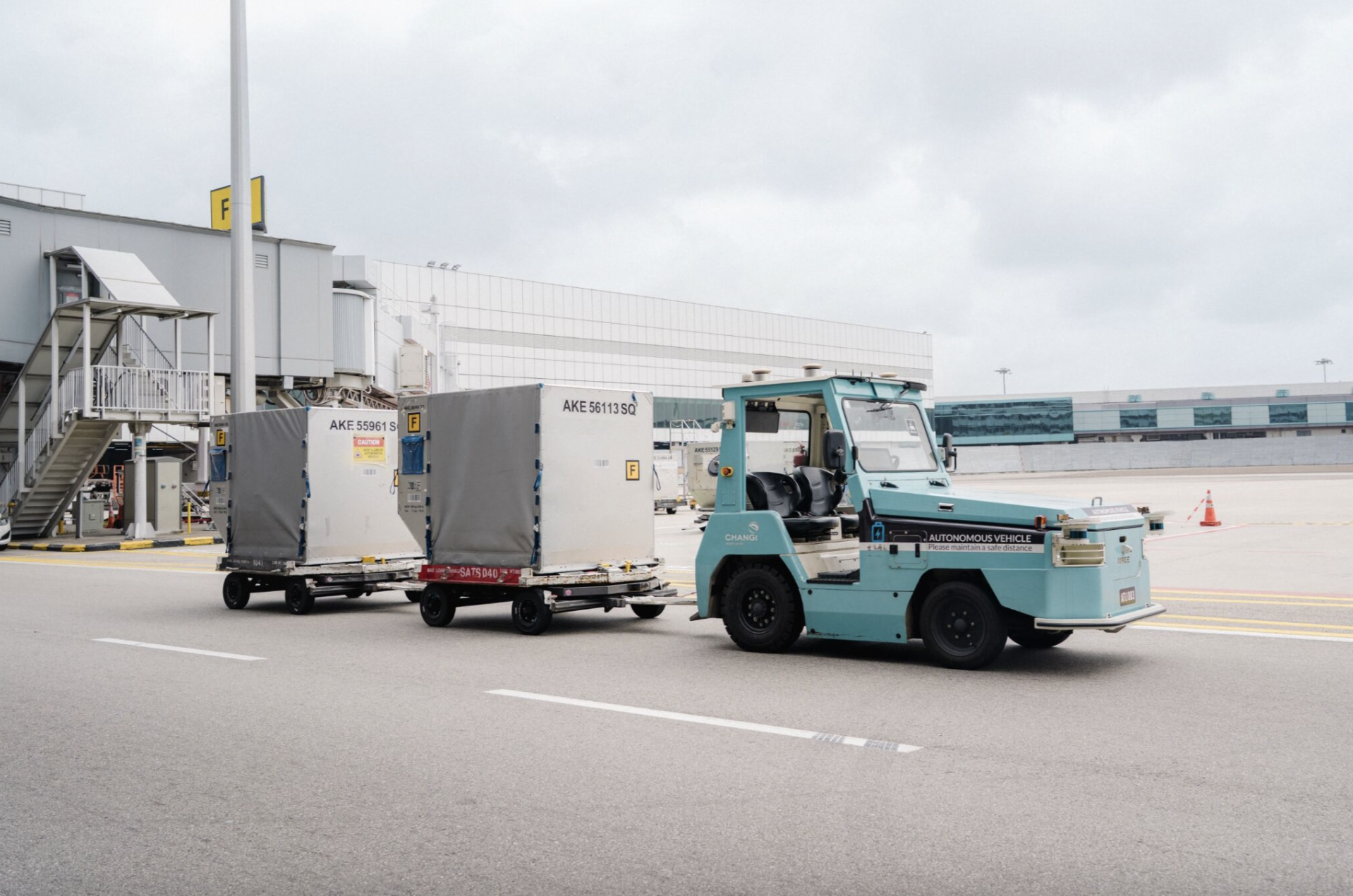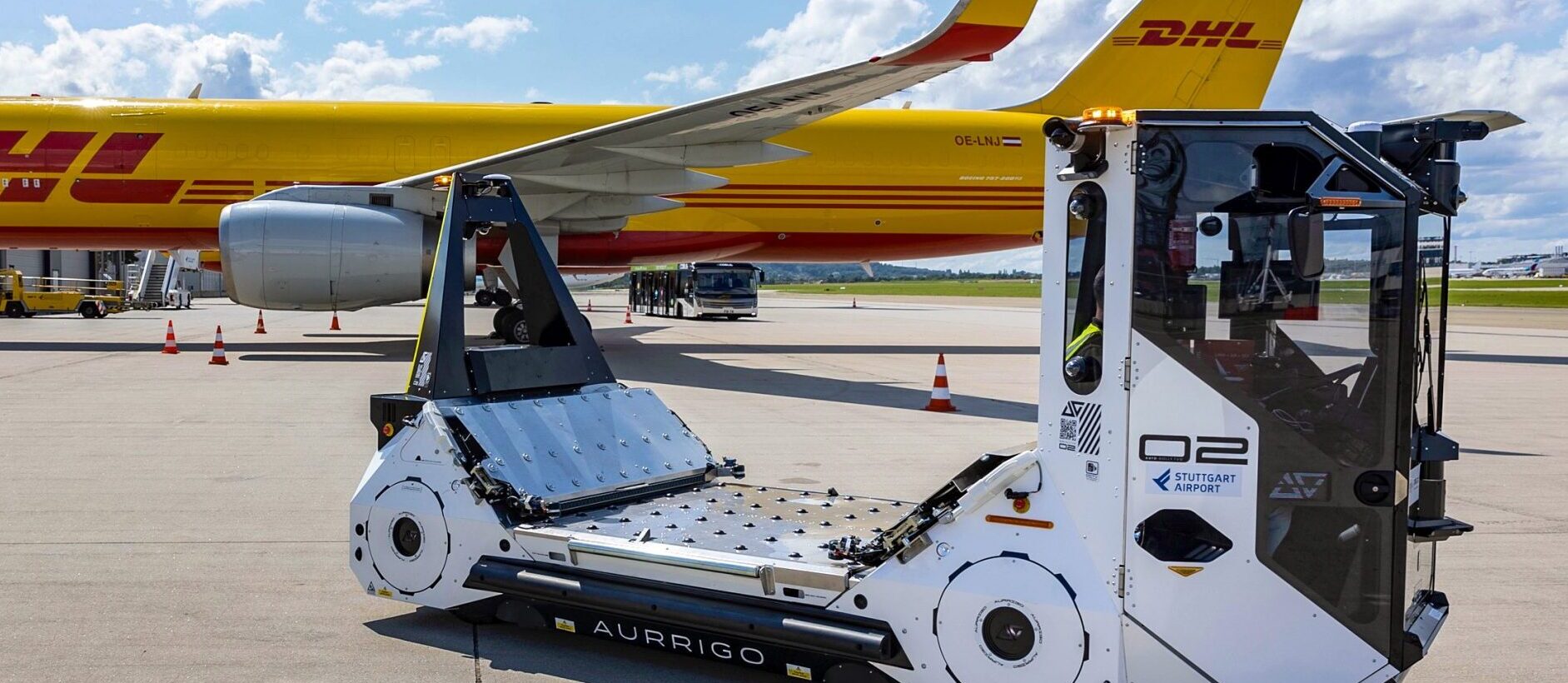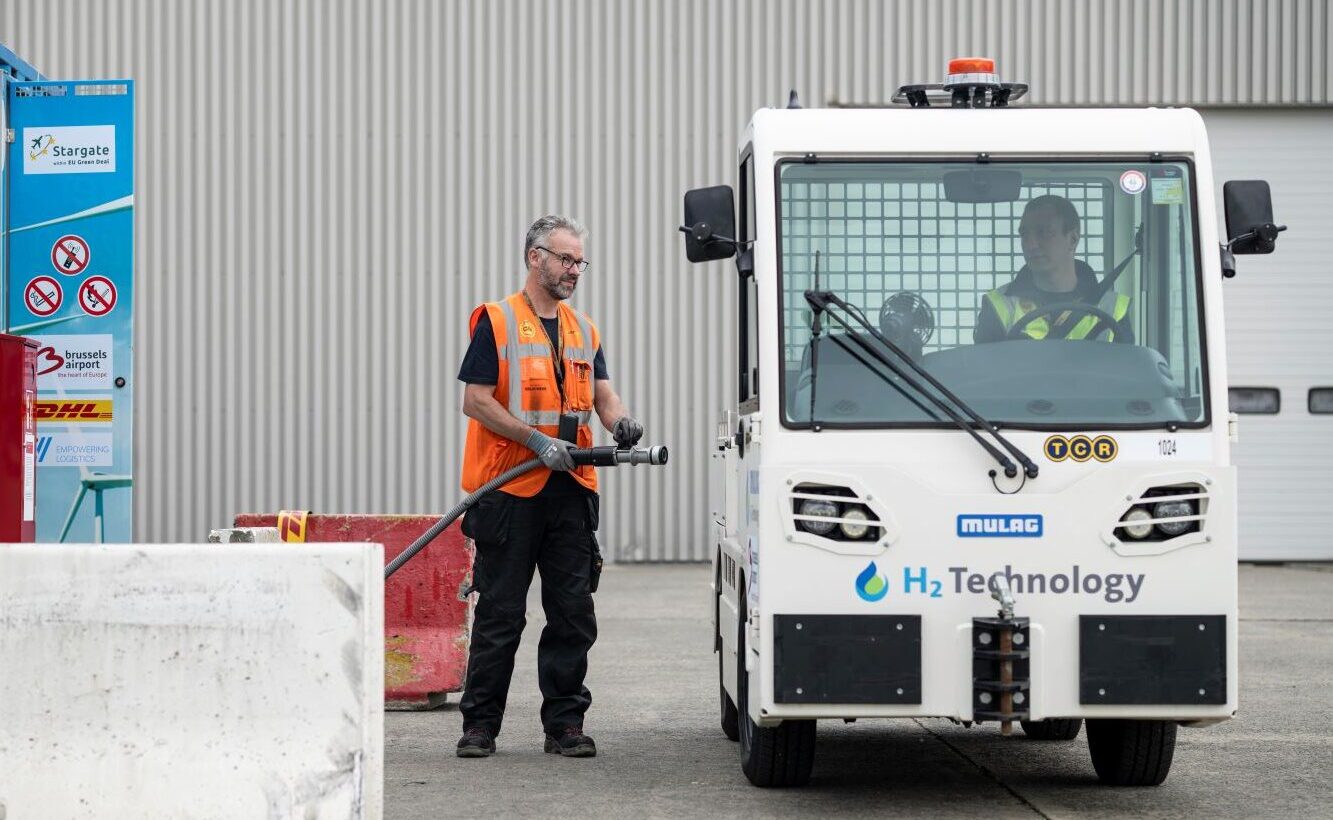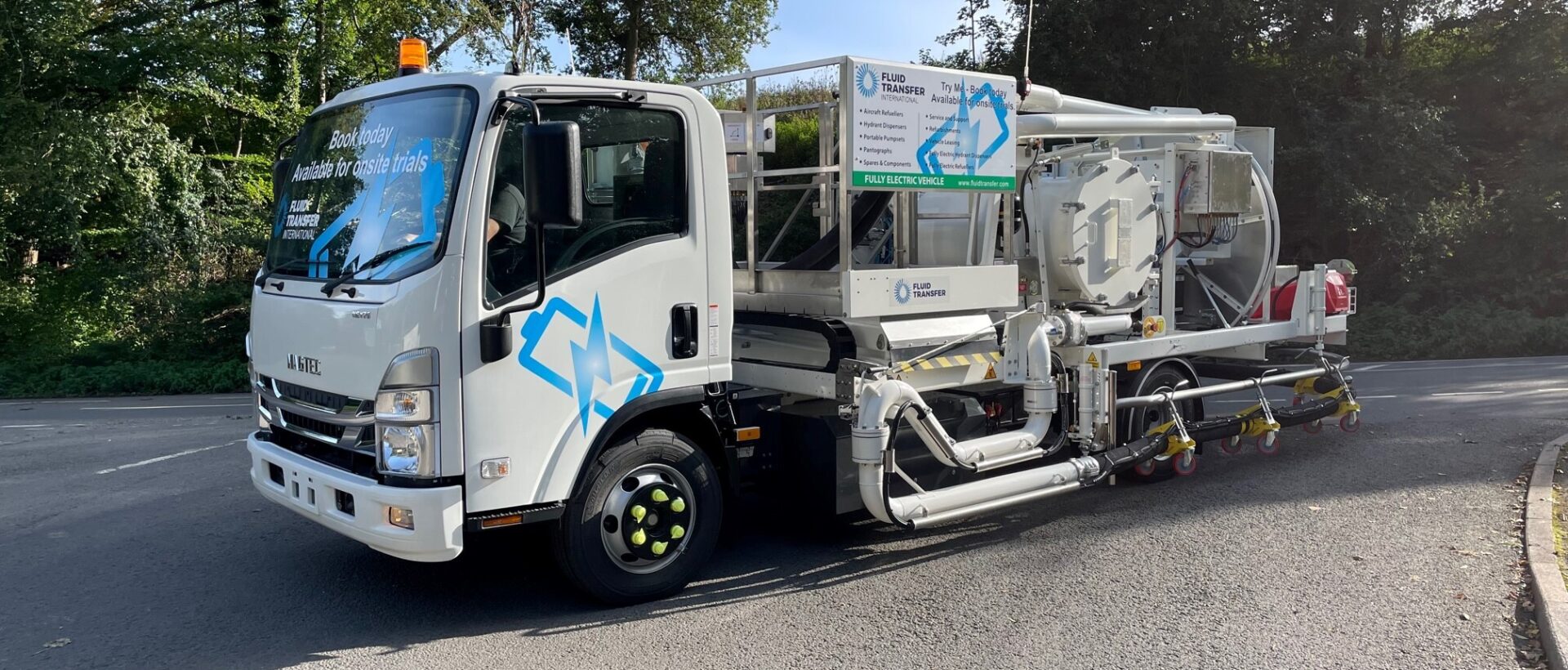Later this year, Exeter Airport will commence a series of trials to introduce airside hydrogen-fuelled ground support equipment (GSE).
The initiative aims to reduce carbon emissions from airport ground operations as part of the Zero Carbon Turn Project. This collaborative research effort involves airport owner Regional and City Airports, travel company TUI, and Cranfield University.

The Zero Carbon Turn Project aims to demonstrate the capabilities and potential applications of hydrogen in airport ground operations. This could pave the way for future integration of hydrogen-powered aircraft.
Exeter Airport managing director Stephen Wiltshire said:This project represents a significant step towards our goal of decarbonising airport ground operations. By adopting hydrogen technology, we not only reduce emissions in the short term but also support the long-term transition to hydrogen-powered aircraft. The new Government has committed to supporting more sustainability in the aviation sector and we hope to demonstrate how that can happen in practice.
In the initial phase of the project, Cranfield University and TUI conducted a detailed study of Exeter Airport’s GSE operations during aircraft turnarounds. The research revealed that 78,000 litres of diesel fuel was consumed annually, leading to nearly 200 tonnes of CO2 emissions.
Ground Power Units (GPUs), which supply electrical power to stationary aircraft, were identified as the largest emission source, contributing nearly 39% of the total emissions.
To tackle this issue, the airport’s upcoming trials will feature hydrogen-powered GSE. This will include a hydrogen-powered GPU, pushback tug and baggage tractor.
These vehicles will be equipped with various hydrogen technologies, including hydrogen fuel cells for the baggage tractor, hydrogen internal combustion for the aircraft tug, and a hybrid dual-fuel system (hydrogen-diesel) for the GPU.
The demonstration phase will address critical issues related to the safe supply, storage, and delivery of hydrogen for GSE. It aims to develop airport-specific standards and regulations, identify necessary skills and training, and create a roadmap for converting existing GSE to hydrogen power.
It is hoped that the results of the Exeter Airport trials will inform future strategies for the wider adoption of hydrogen in airport operations.
Dr Thomas Budd, Associate Professor or Airport Decarbonisation at Cranfield University said:There is still much that we need to learn about hydrogen technology and operations at airports, but projects like this demonstrate what can be achieved with close collaboration and alignment between industry, academia, and the regulator. This work represents another important step in the journey to decarbonisation, and it should provide encouragement for the future of hydrogen as a zero emissions fuel for air transport.
Support for these trials comes from ULEMCo, MULAG, Globe Fuel Cells, and Fuel Cell Systems, with funding from the Connected Places Catapult and collaboration with the UK Civil Aviation Authority (CAA) as part of its Hydrogen Challenge Sandbox initiative.



